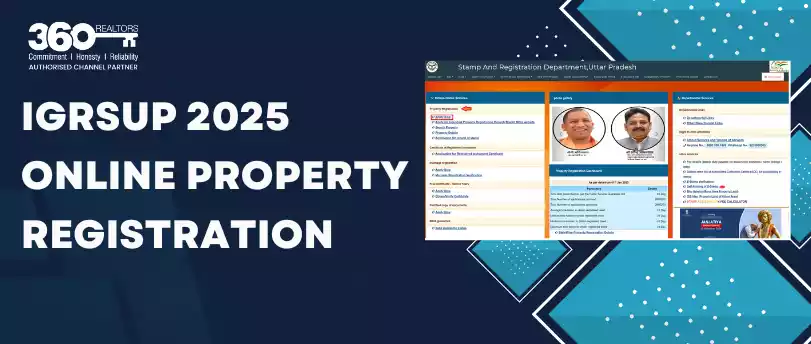Cybercrimes have been a nightmare for the real estate sector which has recently incurred 54 cyber-attacks. Since the mid of 2017, cyber-attacks on the real estate market has bagged the second position. This calls for immediate awareness of the brokers, agents, and other professionals available in the top property sites in India. They need to use stringent methods while sending and receiving information via email.
The trend of a cyber-attack on the real sector has now reached 277 since it started getting affected from the third quarter of 2017. The real estate firms were more on the hit list as compared to several other industries. As per the industry reports, in the third quarter of 2018 the number of cyber-attacks on real estate firms have reached 54. The survey was done by examining the online data which states relevant information about the client. Much usage of social media and other online tools have been used for hacking.
Real estate market is like a golden platter for the hackers due to its tempting high-value transactions which often occur whenever residential property in India is purchased. Several NRIs are now investing in the real estate sector to invest their money and purchase a home in their hometown. As such, this brings forth a lucrative opportunity for the fraudsters to hack the system and extract the amount. Besides, irresponsible handling of information on public forum enables the hackers to easily target the companies and insert themselves by using the digital transaction mechanism.
One thing that the people dealing with residential real estate in India must remember is to look out for urgent emails, phishing or transfer requests. Cyber-attacks can come in from any direction such as via credential phishing where fake emails are sent along with tricky forms for extracting passwords. Apart from this, there is the email attack and URL based attack. Statistics show that the emails which conveyed immediate urgency with words like payment and request have accounted for nearly 48% of the attacks in 2018.
However, in the last quarter, 90% of the attacks were email based where spoofing of user’s display name was used for hacking. And the emails were customized in a way that it pretended to be real emails that asked for personal details and payments. Apart from the email, the advent of social media as well plays a pivotal part in the cybercrime. Majority of the phishing activities were done using the social media and Twitter accounts for extracting information.
A study of the last quarter shows that cyber attackers had targeted 14% of the CFOs while 9% went after the human resource development and procurement personnel. Besides, the predominance of individual contractors in the realty sectors adds to the risk as there will be multiple entry points and it becomes difficult to understand any anomalies in the communication made by the contractors.
Thus, the real estate companies must take precautionary methods and train their employees to identify malicious emails by investing in the custom email quarantine and blocking tools so that such malicious activities doesn’t reach the target.






